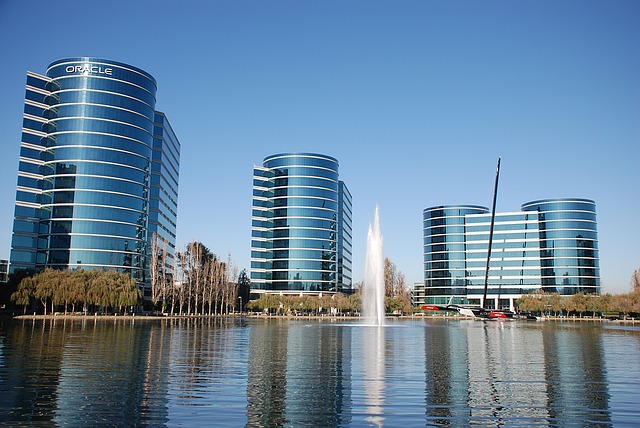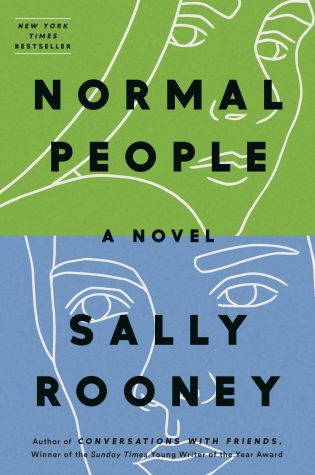Silicon Valley’s prominence is a good thing for Bay Area sports franchises
December 8, 2016
For professional sports teams courting a free agent, nothing is more important than the sales pitch. And Bay Area teams may have the ultimate advantage: Silicon Valley.
A growing number of athletes not only consider their athletic career when choosing a team, but also their business career. In professional sports, revenue-sharing and salary caps have made wages comparable from team to team.
So athletes are now investigating ways to maximize their monetary value beyond their on-court salary. The Bay Area, home to Silicon Valley, has become a desirable destination for athletes looking for a second paycheck.
Before joining the Warriors in 2013, forward Andre Iguodala said he and his manager began investing in tech stocks. They started out with companies like Facebook, Twitter, Tesla and Apple.
“I’m in as good a situation as any NBA player can be in, being on a championship team and then being in an environment like Silicon Valley, where you can capitalize off the court with business,” Iguodala told CNBC in July.
Warriors owners Joe Lacob and Peter Guber both have experience as venture capitalists in the tech industry. Per the NBA’s collective bargaining agreement, Iguodala isn’t allowed to invest in any of their ventures. But that doesn’t stop him from soaking up their knowledge.
“The Warriors ownership group is loaded with Silicon Valley executives and is tied to many other tech leaders,” Tim Kawakami wrote in the San Jose Mercury News in June. “And if Durant is looking to solidify his post-career life, it’s hard to do better than that, as Iguodala could testify to him.”
Iguodala is also the vice president of the National Basketball Player’s Association. He has taken on a role of responsibility in regards to ensuring players understand they have other options.
“The average career in the NBA is just three to four years,” Iguodala said in the July CNBC interview. “We always try to give our players many options post-retirement, because there’s many, many years of life when you’re not playing.”
NBA superstar Kevin Durant made the infamous decision to leave the Oklahoma City Thunder and join the Golden State Warriors. He announced his decision in July in the “The Player’s Tribune,” a website that publishes written pieces by professional athletes.
“I am also at a point in my life where it is of equal importance to find an opportunity that encourages my evolution as a man, moving out of my comfort zone to a new city and community which offers the greatest potential for my contribution and personal growth,” Durant wrote. “With this in mind, I have decided that I am going to join the Golden State Warriors.”
Many people considered Durant’s decision a surprise, but they may have underestimated the drawing power of the booming Silicon Valley.
Durant capitalized on the opportunity that the Warriors offered, both on the court and off.
However, success on the playing field doesn’t always translate to success in the business world. Take Patrick Willis for example. The former 49ers star linebacker retired from football at age 30 and took his talents to Silicon Valley.
Willis filed a lawsuit on Oct. 26 against business partner Eren Niazi, founder of Open Source Storage, accusing Niazi of defrauding him out of $2 million. Willis alleges that Niazi purchased a number of real-estate properties without the former football player’s knowledge via a joint-investment account that was almost exclusively funded by Willis.
A lawyer for Willis who filed the suit is also seeking punitive damages on his client’s behalf, claiming Niazi “steadily developed a friendly relationship with [Willis], and caused [Willis] to think of him as a friend and advisor whom he could trust.”
Things may not always work out in business no matter who you are. Athletes may be at a disadvantage if they surround themselves with the wrong people, like Willis.
“The majority of NBA players’ up-bringing, there’s not much financial education,” Iguodala told CNBC’s Squawk Box in July. “When you get to college, they’re never teaching you how to start a credit line or get a loan on a car, things of that nature.”
Most professional athletes, depending on the sport, retire from professional sports somewhere in their mid to late 30s. More than ever, these athletes are looking into business ventures while still actively playing.
In the sports world, franchises will search every avenue for a potential advantage over opponents. The Bay Area has found the upper-hand in Silicon Valley.
















